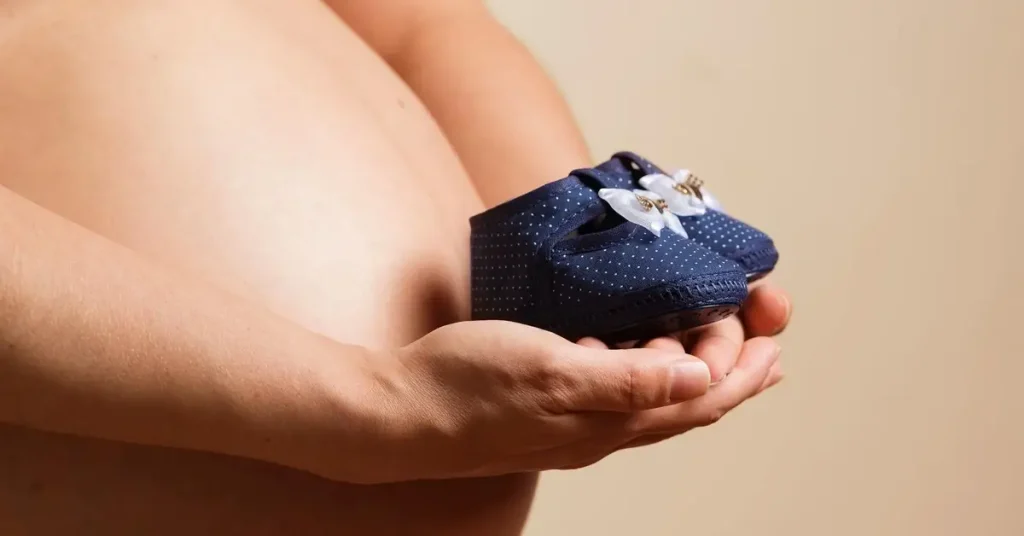Have you noticed more women discussing egg or embryo freezing lately? Whether you’re contemplating starting a family or not, it’s likely you’ve heard friends, colleagues, or social media influencers mention this trend.
In recent years, the number of women opting to freeze their eggs for potential future use has surged dramatically. According to Dr. Meghan Stafford, a gynecologist and fertility specialist at City Fertility in Newstead, her clinic alone has recorded a 26.4 percent increase since 2021. But what exactly does egg or embryo freezing involve?
We spoke with Dr. Stafford to clarify the process, its success rates, and whether it’s a viable option for all women as they age.

What’s the Difference Between Egg and Embryo Freezing?
The primary distinction lies in when and how the biological material is preserved. In a typical menstrual cycle, a woman produces several follicles, each housing an immature egg. Usually, one follicle matures and ovulates each month due to follicle-stimulating hormone (FSH).
During the egg freezing process, women receive FSH injections to stimulate the growth of multiple follicles. Eggs are then harvested from the ovaries through a procedure known as transvaginal oocyte retrieval. At this stage, egg and embryo freezing are quite similar, with differences arising in the lab afterward.
In egg freezing, the harvested eggs are cryopreserved using a technique called vitrification, allowing them to be stored for up to 10 years, extendable upon request. In contrast, embryo freezing involves fertilizing the retrieved eggs with sperm, after which the resulting embryos are frozen.
Which Option is Superior?
The answer varies based on individual circumstances and family planning goals. Several factors impact the success of egg or embryo freezing, including the woman’s age, ovarian reserve (the number of remaining eggs), and overall medical history. Success rates can differ significantly among individuals, highlighting the importance of a thorough consultation with a specialist. Generally, women under 35 with about ten to fifteen frozen eggs can expect a single pregnancy. Current statistics indicate a 40 percent success rate for each transferred frozen embryo.
What is the Freezing Process Like?
The journey of egg freezing entails several steps:
- Appointment: Start by scheduling an appointment with a fertility specialist, requiring a GP referral for a Medicare rebate.
- Consultation: During your initial visit, you’ll discuss your medical and fertility history, followed by pathology tests and a pelvic ultrasound.
- Follow-Up: In a subsequent consultation, results will be reviewed to create a personalized treatment plan.
- Nursing Guidance: You’ll meet with a fertility nurse to go over your treatment plan and receive detailed instruction on injections and medications.
- Treatment Begins: Your menstrual cycle will dictate the start of the treatment. To freeze your eggs, you’ll undergo a stimulated cycle, taking medication to encourage your ovaries to produce multiple eggs. On the first day of your cycle, contact the fertility nurse to confirm the medication schedule.
- Monitoring: A follicle count scan on days eight or nine will track your response to the medication.
- Egg Retrieval: The eggs are collected while you are lightly sedated, with the timing being crucial for optimal retrieval.
- Storage: After retrieval, the eggs are frozen, and you will be informed of how many have been preserved. They are securely stored for several years.

How Long Can Eggs Be Stored?
Scientifically, there’s no hard limit on how long eggs or embryos can be frozen. National guidelines suggest a maximum of 10 years, after which you have options: thaw and discard, donate for research, or share with another individual or couple.
What Are the Costs Involved?
Typically, an egg freezing cycle costs around $5,350, which includes your initial appointment, cycle management, egg retrieval, and the first six months of storage (after which it’s $35 per month). Medications, averaging $1,500, are additional and vary per patient. If you lack private health insurance, a day hospital fee of approximately $1,300 may apply.
It’s important to note that both egg and embryo freezing are elective procedures without Medicare rebates, though exceptions exist for women undergoing fertility-impacting treatments, such as chemotherapy.
What is the Best Age to Freeze Eggs?
Generally, the ideal age for egg freezing is between 30 and 35. Freezing at a younger age offers a higher success rate, as older women typically produce fewer eggs.
Should Women Consider Freezing Eggs if They Aren’t Ready for Kids?
Absolutely! Knowledge is power, and it’s vital for women to understand their options. Consulting a fertility specialist can clarify what’s available and what the process entails. Many women choose to freeze their eggs for various reasons, such as career ambitions, pursuing education, waiting for the right partner, or simply not feeling ready to start a family yet.





